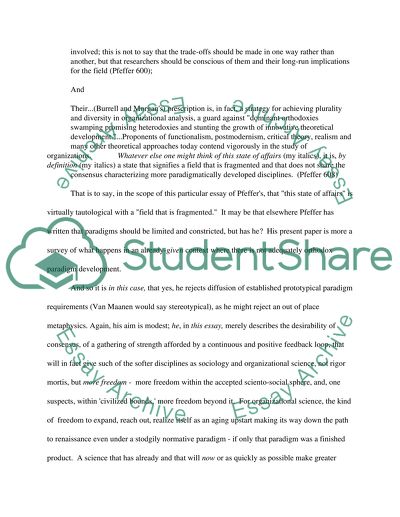Cite this document
(“The Consequences of Pluralism According to Pfeffer's View Essay”, n.d.)
The Consequences of Pluralism According to Pfeffer's View Essay. Retrieved from https://studentshare.org/literature/1547421-no-title-the-essay-is-in-response-to-questions-shown-below
The Consequences of Pluralism According to Pfeffer's View Essay. Retrieved from https://studentshare.org/literature/1547421-no-title-the-essay-is-in-response-to-questions-shown-below
(The Consequences of Pluralism According to Pfeffer'S View Essay)
The Consequences of Pluralism According to Pfeffer'S View Essay. https://studentshare.org/literature/1547421-no-title-the-essay-is-in-response-to-questions-shown-below.
The Consequences of Pluralism According to Pfeffer'S View Essay. https://studentshare.org/literature/1547421-no-title-the-essay-is-in-response-to-questions-shown-below.
“The Consequences of Pluralism According to Pfeffer'S View Essay”, n.d. https://studentshare.org/literature/1547421-no-title-the-essay-is-in-response-to-questions-shown-below.


